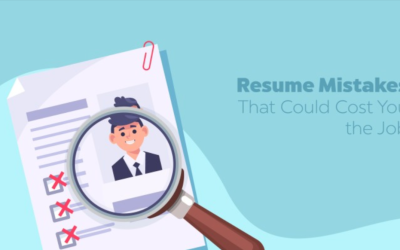Transitioning from the world of academia to the workforce can be both exhilarating and daunting. As a student on the brink of entering the professional realm, you may have questions about what to expect and how to navigate this significant life transition. Fear not! Here’s a comprehensive guide to help you prepare for the journey ahead.

1. Adjusting Your Mindset
The shift from student to employee involves more than just a change in schedule—it requires a shift in mindset. Embrace the reality that you are now part of a team working towards common goals. Be prepared to take on responsibilities, make decisions, and contribute your skills and expertise to your new workplace.
2. Navigating Company Culture
Every workplace has its own unique culture and set of norms. Take the time to observe and understand the culture of your new workplace. Pay attention to how people communicate, dress, and interact with one another. Adapt your behavior accordingly while staying true to your values and principles.
3. Mastering Time Management
In the professional world, time is a precious commodity. Learn to prioritize tasks, set deadlines, and manage your time effectively. Utilize tools and techniques such as to-do lists, calendars, and time-blocking to stay organized and focused. Remember, punctuality is key—arrive on time for meetings and deadlines.
4. Developing Professional Relationships
Building strong relationships with your colleagues is essential for success in the workplace. Be approachable, friendly, and open to collaboration. Take the initiative to introduce yourself, ask questions, and seek feedback. Cultivate positive working relationships based on trust, respect, and mutual support.
5. Embracing Continuous Learning
Just because you’ve graduated doesn’t mean your learning journey is over. Embrace the mindset of lifelong learning and professional development. Seek out opportunities to expand your knowledge and skills through training programs, workshops, and certifications. Stay curious, adaptable, and open to new experiences.
6. Navigating Office Politics
Office politics can be tricky to navigate but ignoring them won’t make them disappear. Be aware of the dynamics at play in your workplace and tread carefully. Avoid gossip, cliques, and power struggles. Focus on your work, maintain professionalism, and build alliances based on merit and mutual respect.
7. Managing Expectations
As a new employee, you may feel pressure to prove yourself and excel in your role. While ambition is admirable, it’s important to manage your own expectations realistically. Give yourself time to adjust to your new environment, learn the ropes, and grow into your role. Rome wasn’t built in a day, and neither is a successful career.
8. Seeking Feedback and Growth Opportunities
Don’t be afraid to seek feedback from your managers, colleagues, and mentors. Use constructive criticism as an opportunity for growth and improvement. Take on new challenges, volunteer for projects outside your comfort zone, and actively seek opportunities for advancement within your organization.
9. Maintaining Work-Life Balance
Finally, remember to prioritize your well-being and maintain a healthy work-life balance. Set boundaries between work and personal life, and make time for activities that recharge your batteries and bring you joy. Remember, a happy and fulfilled employee is a productive employee.
In conclusion, transitioning from student to employee is a significant milestone in your life journey. By adjusting your mindset, navigating company culture, mastering time management, developing professional relationships, embracing continuous learning, navigating office politics, managing expectations, seeking feedback and growth opportunities, and maintaining work-life balance, you can successfully navigate this transition and thrive in your new role. So, embrace the journey with confidence, curiosity, and a willingness to learn and grow. Your future awaits!



